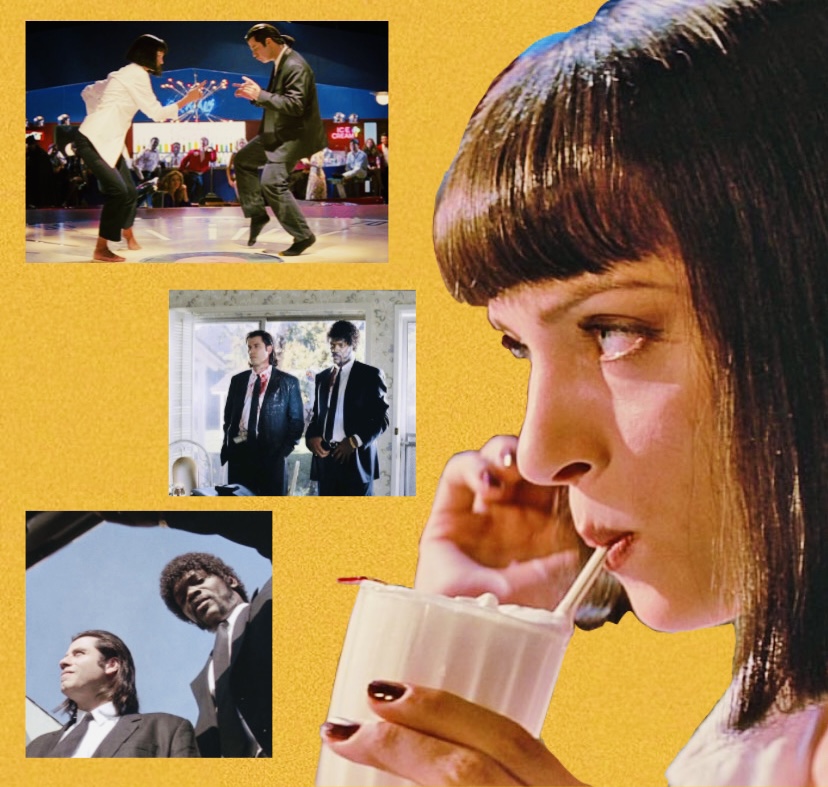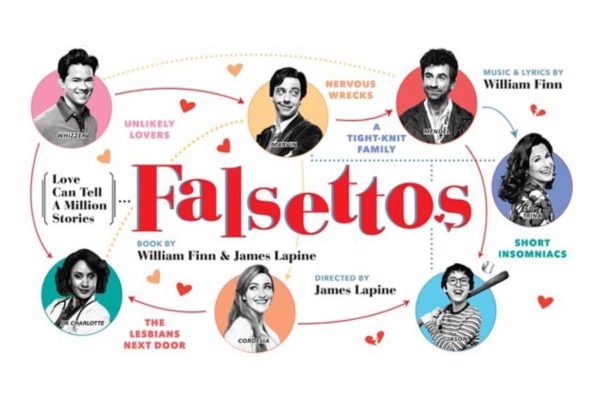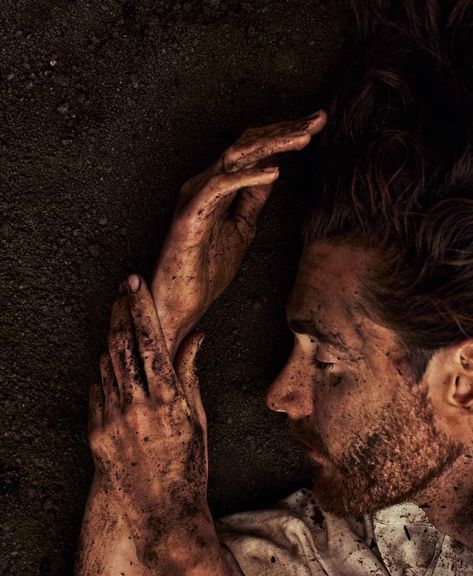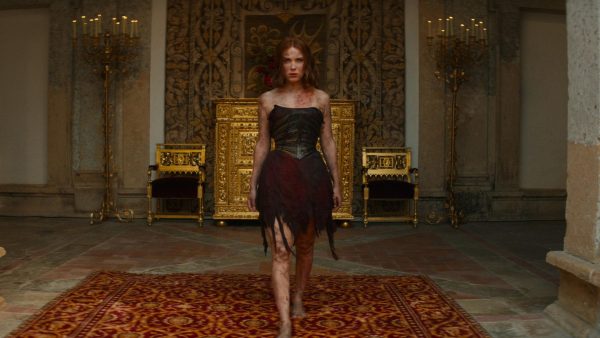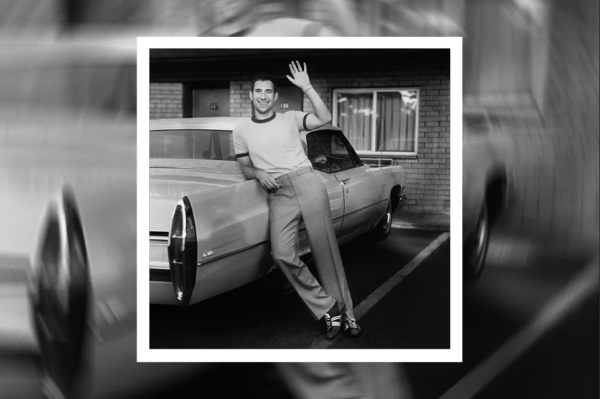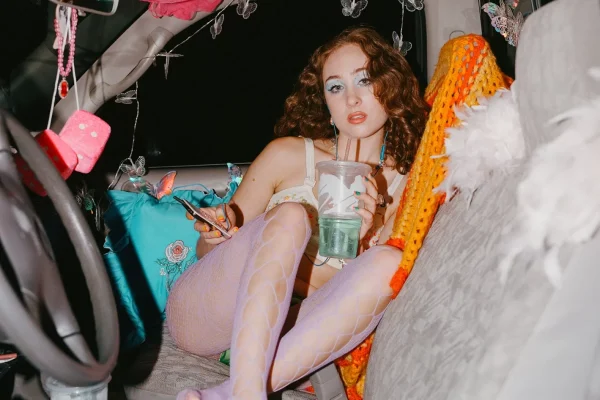“I’m in a transitional period so I don’t wanna kill you, I wanna help you.”
Pulp Fiction (1994)- AFI’s Top 100 Movies
March 10, 2023
Director Quentin Tarantino’s Pulp Fiction (1994) has been dubbed as one of the most influential films of the 1990’s (Rotten Tomatoes). This cult-classic, indie-crime film is acclaimed for its excellent screenwriting, winning Best Original Screenplay at the 67th Academy Awards. It was a commercial success, grossing $213.9 million in the box office world-wide. Considered a quintessential part of postmodern film, Pulp Fiction was a huge hit after release, despite being an independent, low-budget film. Rated-R, the film has been met with much controversy due to its excessive violence, profanity, and heavy content. The majority of Tarantino’s works embody dark humor and violence, but his storytelling is always found entertaining and amusing. Pulp Fiction is no exception, and has been considered as one the most iconic movies of postmodern film.
Told in a non-chronological storyline, Pulp Fiction tells the stories of mainly three different characters: Butch Coolidge (Bruce Willis), a retiring boxer, Vincent Vega (John Travolta) and Jules Winnfield (Samuel L. Jackson), both of whom work as hitmen for Marsellus Wallace (Ving Rhames).
In the opening scene, a couple sits in a diner booth, plotting to rob the diner and all of the people in it. The non-linear sequences of the film progress until the film ends back at the diner.
In the following scene, Vincent and Jules are paying a visit to the apartment of an associate of Wallace’s, Brett, who had double crossed him and stolen a briefcase of his. Vincent checks the contents of the briefcase, which is not revealed to the audience, and confirms that everything inside has been left untouched. Before killing Brett, Jules recites a Bible passage and shoots him after the last line:
“The path of the righteous man is beset on all sides by the inequities of the selfish and the tyranny of evil men. Blessed is he who, in the name of charity and good will, shepherds the weak through the valley of the darkness, for he is truly his brother’s keeper and the finder of lost children. And I will strike down upon thee with great vengeance and furious anger those who attempt to poison and destroy My brothers. And you will know I am the Lord when I lay My vengeance upon thee”(Ezekiel 25:17).
Marsellus goes out of town, and he instructs Vincent to accompany his wife, Mia. Before picking her up, Vincent conspires with his drug dealer, Lance, and shows up to the outing intoxicated. Mia takes them to a 1950’s themed restaurant, Jack Rabbit Slim’s, where they also participate and win a twist contest. Upon returning back to Wallace’s and Mia’s home, Mia overdoses. Vincent panics and drives her over to Lance’s house, where they are able to revive her. After he drops her back at the house, alive, both Vincent and Mia agree to never tell Marsellus of the incident.
Following Vincent and Mia’s night out, the next scene begins the storyline of Butch Coolidge. After accepting Marsellus’s bribe to throw his boxing match, Butch double crosses him, wins, and uses his bribe money for bets. However, he unknowingly kills his opponent in the ring. Expecting that Marsellus would send his men after him, Butch and his girlfriend, Fabienne, rendezvous at a motel and planned to feel Los Angeles. He realizes that Fabienne had not packed his grandfather’s watch, containing deep sentimental value. Butch cautiously returns to his home to retrieve the watch, and encounters Vincent, who was sent to kill him. Butch took him by surprise as Vincent was coming out of the bathroom, and killed him with his own gun.
He leaves his apartment and runs into Marsellus. After Butch hits him with his car, he is hit by another driver and crashes. Marsellus and Butch struggle against each other, both crippled by injury, and end their fight inside of a pawnshop. As Butch is about to kill Marsellus, he is stopped and they are both captured at gunpoint by the shop owner. They are abducted and held in captivity, until Butch is able to escape bondage and save the both of them. He kills their captivator and takes his chopper motorcycle, and leaves town with Fabienne.
In the next scene jumps back to when Vincent and Jules killed Brett in his apartment. After Brett is shot, Vincent and Jules are surprised by another man in the apartment, who shoots at them, and bizarrely misses them with every shot. Shocked, Jules and Vincent both turn their guns on him and kill him. In the apartment, another associate of Brett’s, Marvin, is left unharmed and drives away with Vincent and Jules. While the two are fighting about whether or not the bullets not hitting them was divine intervention or just a coincidence, Vincent accidentally lets his gun slip and shoots Marvin in the head, splattering the interior of the car with his blood. Worried about being caught in broad daylight, Jules takes them to a nearby friend’s house, Jimmie (Quentin Tarantino). Jimmie angrily urges them to take care of the situation before his wife Bonnie returns home from work. Marsellus sends in Winston Wolfe (Harvey Keitel), to help Vincent and Jules clean up the situation. After cleaning the car and disposing of Marvin’s body, they decide to go out for breakfast at a nearby diner before returning the retrieved briefcase back to Marsellus.
At the diner, Jules tells Vincent that he is thinking about retiring after having an epiphany at Brett’s apartment. He believes that their incredible luck of not getting hit with the bullets was a sign from God, and that now he wants to live a simpler life. While he argues this with Vincent, Vincent leaves to go use the bathroom. Then, the couple from the beginning of the movie begin their heist of the diner. Jules is able to overpower the man, but without killing anyone he pacifies the situation by reciting his memorized bible passage, but seeing it with a deeper meaning. He gives the robbers wads of cash, and allows them to leave unharmed. Vincent and Jules then leave the diner, carrying the briefcase.
The non-chronological storytelling brings entertaining and unique qualities to the storylines of the different characters throughout the film. According to Tarantino, he “got the idea of doing something that novelists get a chance to do but filmmakers don’t: telling three separate stories, having characters float in and out with different weights depending on the story,”(New York Times).
Pulp Fiction is not for everyone, as some people prefer not to watch movies with as much gore, or profane language. However, this film is packed with iconic dialogue, hilarious irony, as well as a great soundtrack.


